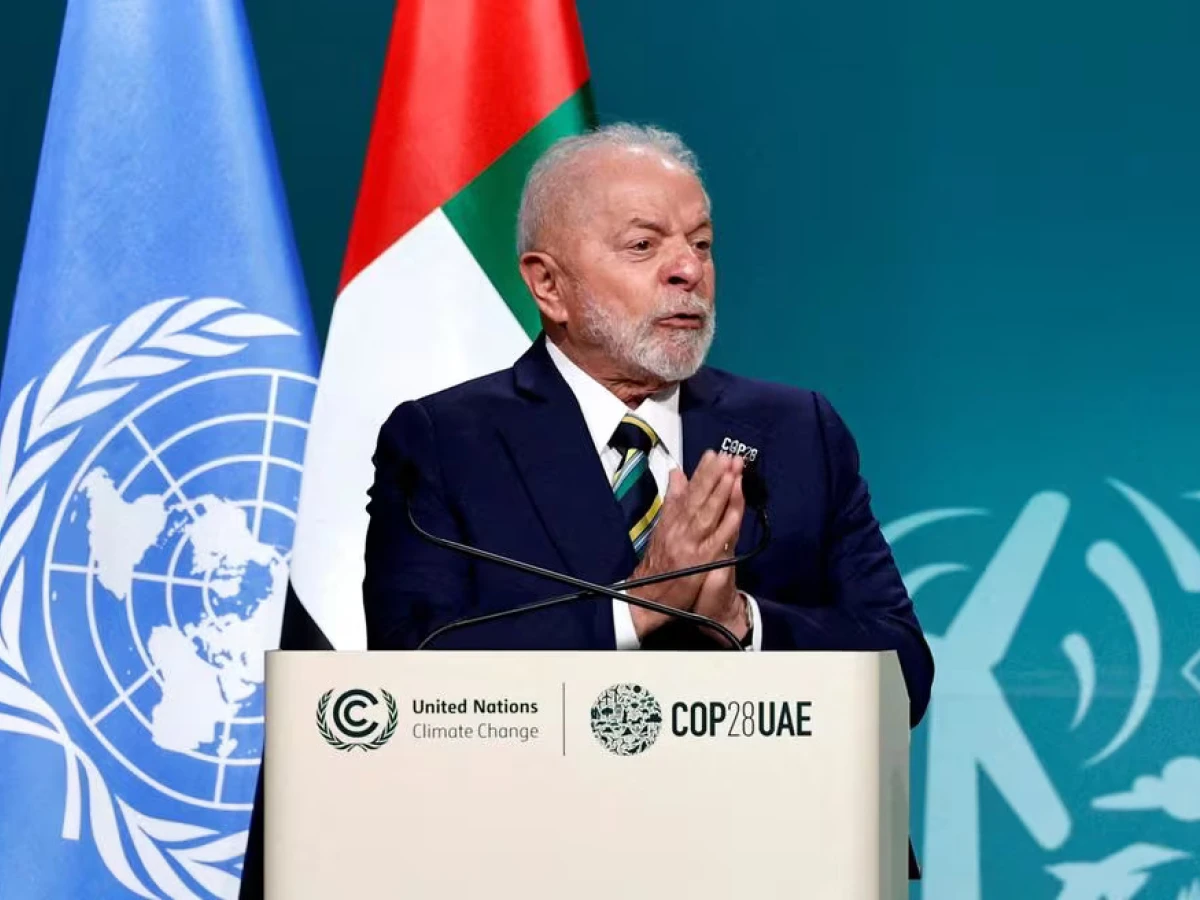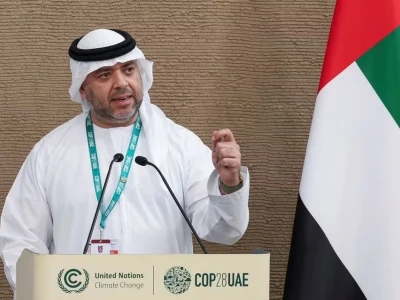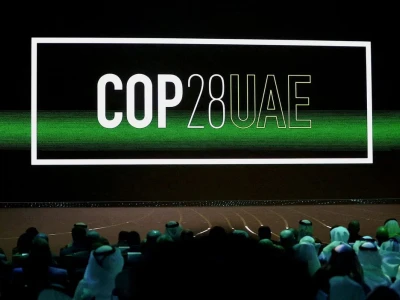
Lula says Brazil's participation in OPEC+ is to stop oil producers using fossil fuels
Silveira signaled on Thursday that the country would accept an invitation to join OPEC+.
SAO PAULO, Dec 2 (Reuters) - Brazilian President Luiz Inacio Lula da Silva said on Saturday that Brazil's participation in the OPEC+ group of oil-producing countries is to convince nations to transition away from the use of fossil fuels.
Brazil indicated on Thursday that it was on the brink of joining OPEC+, a group of 23 oil-producing countries.
"I think it's important for us to take part in OPEC+, because we need to convince the countries that produce oil that they need to prepare for the end of fossil fuels," Lula said at COP 28, the UN climate change conference in Dubai.
"Preparing means using the money they make to invest so that continents like Africa and Latin America can produce the renewable fuels they need, especially green hydrogen," he added.
After Lula's comment, Brazil's mines and energy minister, Alexandre Silveira, spoke on social media on the matter.
"We will lead oil-producing countries to accelerate the energy transition. Under the leadership of President Lula we want to use oil revenues to finance clean and renewable energy," he said.
Silveira signaled on Thursday that the country would accept an invitation to join OPEC+.
Brazil is the largest oil producer in South America, at 4.6 million barrels per day of oil and gas, of which 3.7 million bpd are crude.
Brazil's potential participation in a group that could determine oil production cuts by its members would be controversial, given that the country is a market economy, with some companies, such as state-run oil company Petrobras, listed on the stock exchange.
But Brazil is not expected to cap oil output as part of OPEC+, three sources told Reuters in a report published on Thursday.




